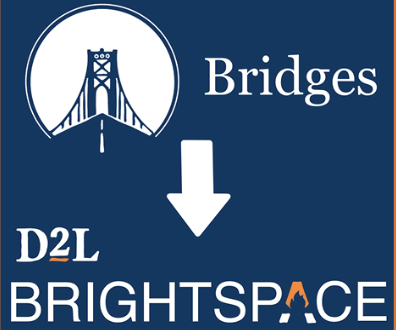Mobile sports betting to be legal in Rhode Island
Rhode Island is one of the few states to have existing laws in place for legal sports betting. Recently, a bill has been proposed to legalize mobile sports betting in the state through the Twin River Casinos in Lincoln and Tiverton.
The bill requires people to register for a mobile account in person at Twin River before they get access to the app. They can then bet on Rhode Island college or professional teams, except for Rhode Island collegiate teams.
Psychology Today says that people gamble for the buzz, solving financial issues and the thrill of risk taking. The access to mobile sports betting will likely soon be in the palm of one’s hand.
“It’s more tempting,” senior Jake Chipkin said. “You would be spending less at a casino than you would on a phone because you actually see the money at a casino.”
Chipkin said it is much easier to spend money betting on a phone.
The Providence Journal reported that the Senate had already passed the bill. Gov. Gina Raimondo included the taxes from mobile sports betting in her budget proposal, estimating $3 million.
“It can be dangerous, but it doesn’t make you realize that it’s actually money because it’s all credits,” Chipkin said. “You don’t actually see real money and I don’t realize that I lost until it gets deducted from my bank account.”
RWU Vice President John King said given that both in-person and mobile betting is now legal in the Ocean State, the school’s peer leadership positions and professional staff will focus on enhanced proactive education in future semesters.
“It is better for students to be betting on sports legally rather than illegally, and to do so through a regulated system providing some public benefit via taxation rather than through individuals,” King said. “However, we do worry about students running up gambling debt to the point where it interferes with living expenses or college affordability.”
The National Center for Responsible Gaming reported 75 percent of college students gambled during the past year, and only 22 percent of U.S. colleges and universities have formal policies on gambling.
The RWU Athletics’ agreement with the NCAA says that athletes and the athletic department cannot participate in any form of intercollegiate betting, such as the Super Bowl pools, March Madness pools or Fantasy Leagues.
“The Division of Student Life is concerned about any activity students are involved in that has the potential to become addictive and interfere with their success,” King said. “Sports gambling — particularly with easy access in Rhode Island via mobile betting — is certainly on our radar.”




